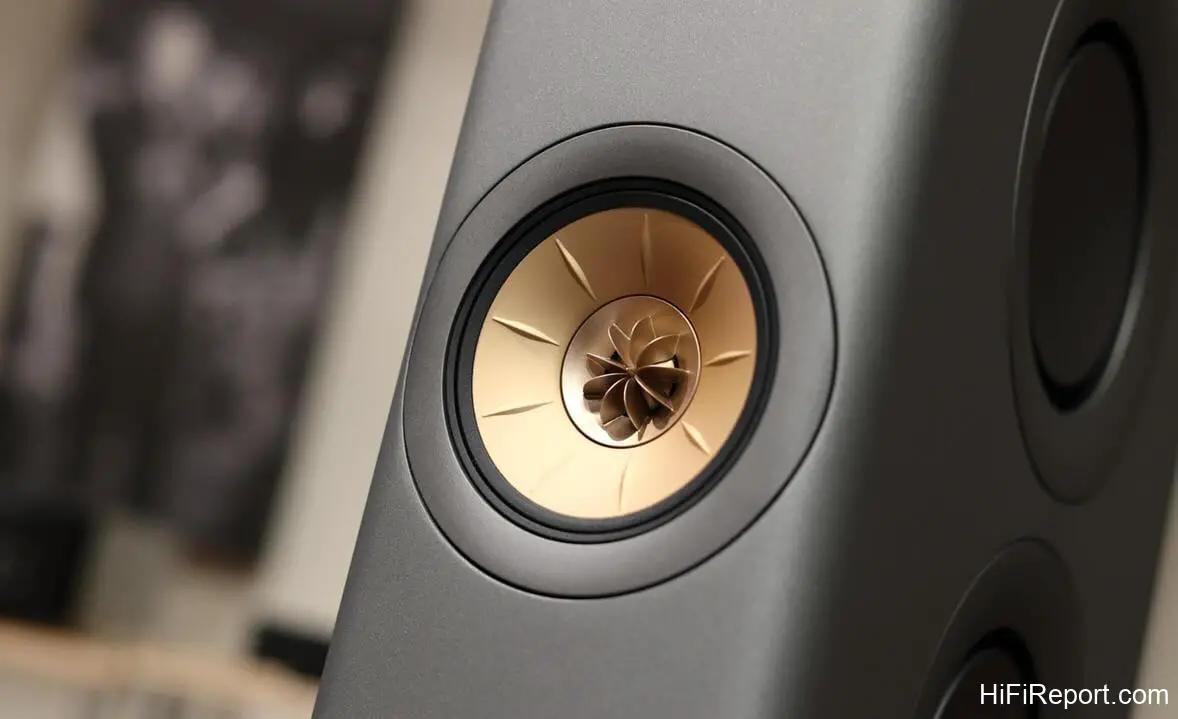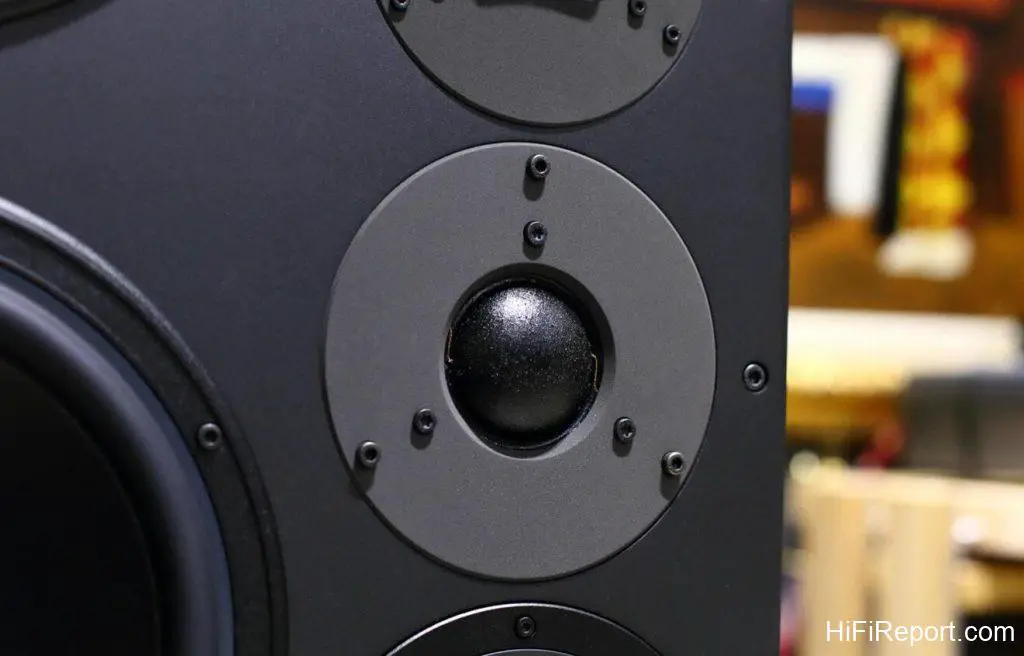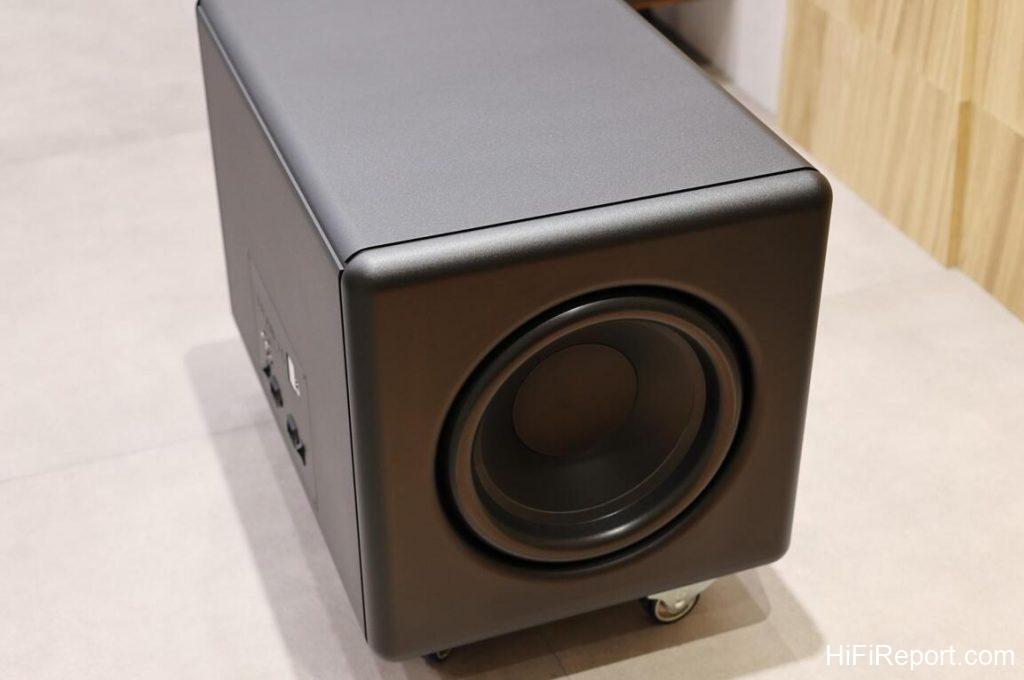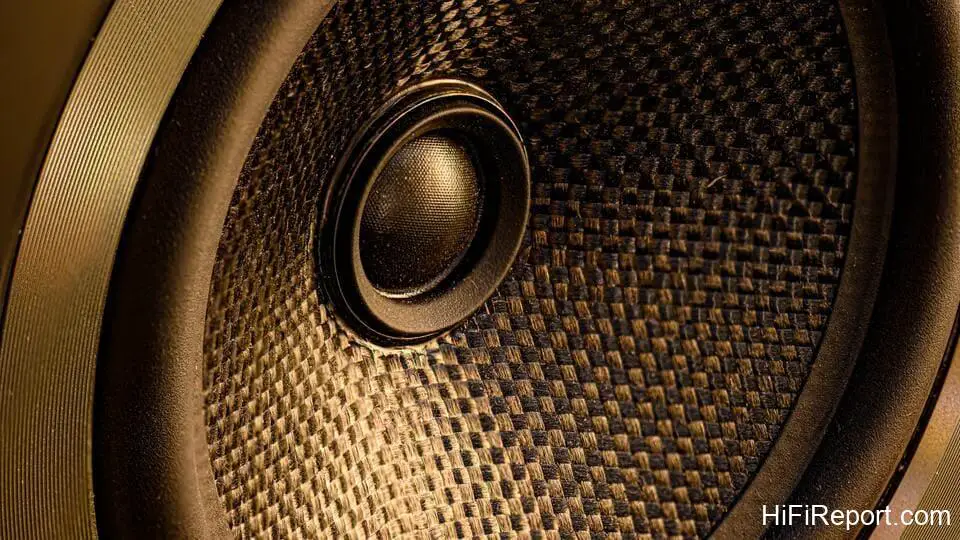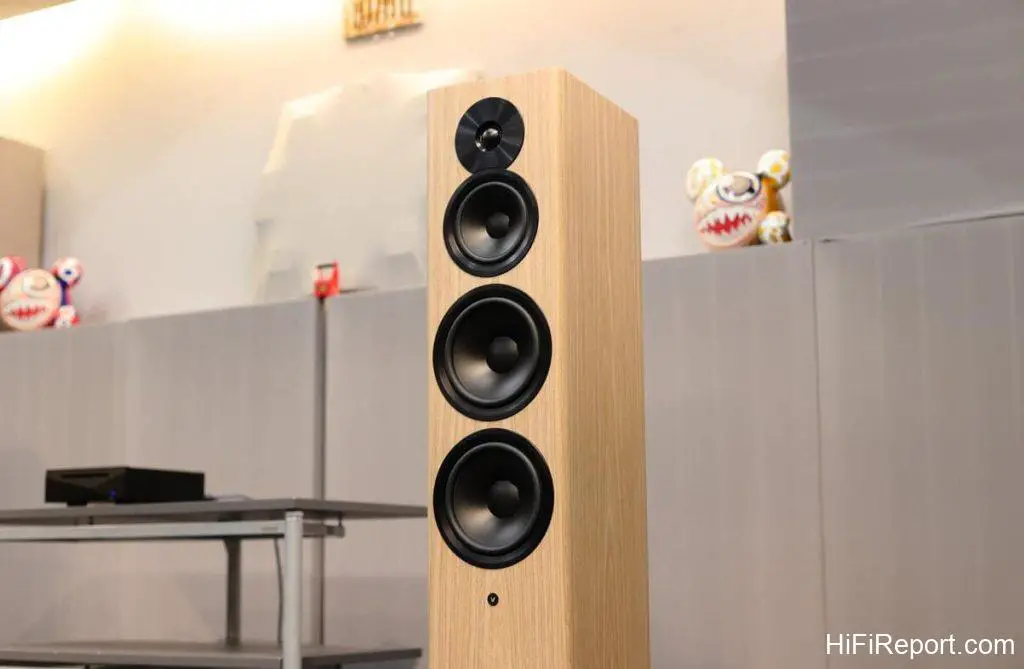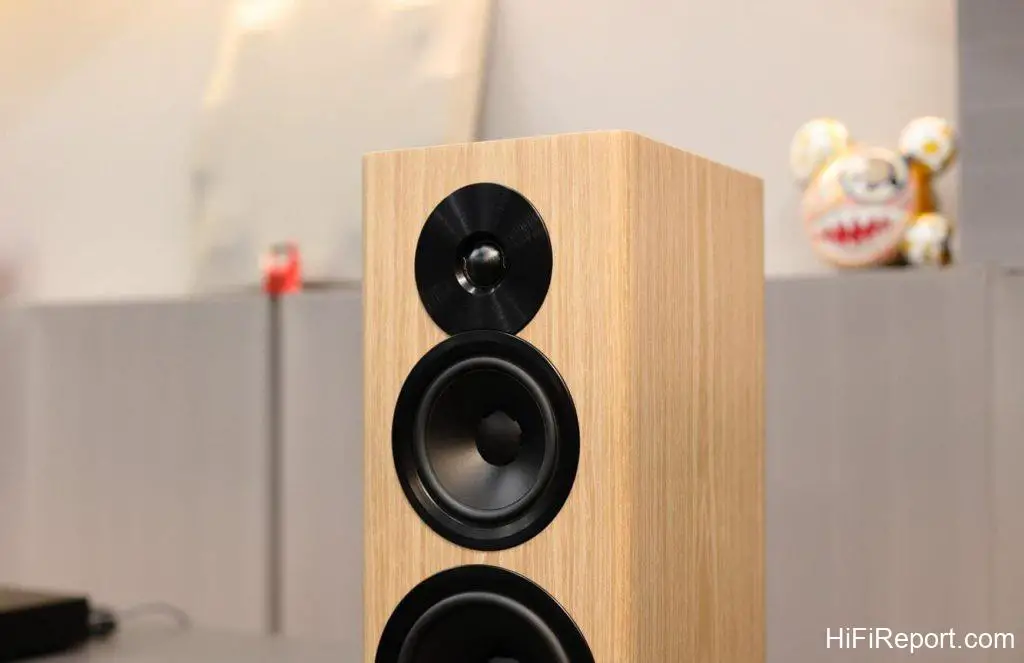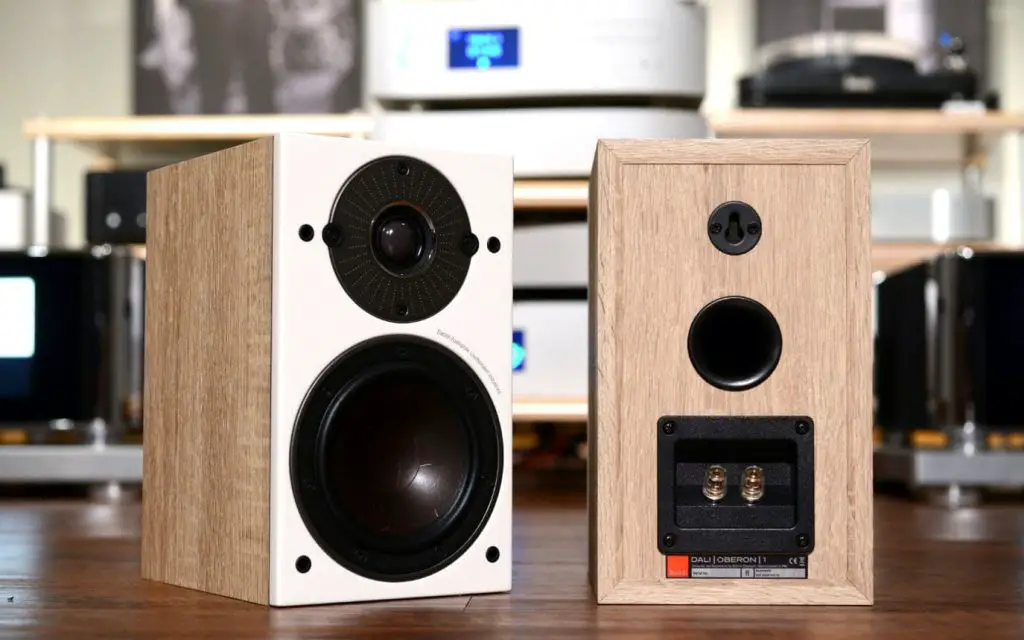Decoding the Difference: Speaker Sensitivity vs. Efficiency in Audio Equipment
When it comes to choosing the right speakers for your audio setup, there are a plethora of technical terms to consider. Among them, two key factors often come into play speaker sensitivity and efficiency. But what exactly do these terms mean, and why are they essential in audio equipment?
Speaker sensitivity refers to how loud a speaker can produce sound when given a certain amount of power, usually measured in decibels (dB). On the other hand, speaker efficiency refers to how effectively a speaker converts the power it receives into sound output, usually measured as a percentage.
While these terms may seem similar at first glance, they have distinct differences that can significantly impact the performance of your audio system.
Understanding Speaker Sensitivity
Speaker sensitivity is a crucial parameter to consider when evaluating speakers. It measures how efficiently a speaker converts electrical power into acoustic energy. It is often expressed as the sound pressure level (SPL) that a speaker produces at a distance of one meter when driven by one watt of power.
Speakers with high sensitivity ratings, typically around 90 dB or higher, can produce louder sounds with less power input. They are suitable for applications with increased sound levels, such as live concerts or large venues. High-sensitivity speakers are also advantageous for low-powered amplifiers or when using speakers in multiple setups, as they require less power to achieve the desired volume levels.
For example, a speaker with a sensitivity rating of 93 dB will produce a sound level of 93 dB when driven with just one watt of power. In contrast, a speaker with a sensitivity rating of 87 dB will produce a lower sound level of 87 dB with the same power input.
On the other hand, speakers with low sensitivity ratings, typically below 90 dB, require more power input to produce the same sound levels. They are better suited for high-powered amplifiers or applications where power efficiency is not a concern, such as in-home theaters or studio setups.
Exploring Speaker Efficiency
While sensitivity measures how loud a speaker can be with a given amount of power, efficiency measures how effectively a speaker converts electrical power into sound output. Speaker efficiency is expressed as a percentage, representing the portion of input power converted into acoustic energy, with the remaining amount dissipating as heat.
Speakers with high-efficiency ratings, typically above 90%, can convert a significant portion of input power into sound output, wasting less power as heat. High-efficiency speakers are preferred in applications where power consumption is a concern, such as in battery-powered devices or environments where energy efficiency is a priority.
For example, a speaker with an efficiency rating of 92% will convert 92% of the input power into sound output, with only 8% being dissipated as heat. On the other hand, a speaker with an efficiency rating of 85% will convert only 85% of the input power into sound output, with the remaining 15% being lost as heat.
In contrast, speakers with low-efficiency ratings, typically below 90%, may require more input power to achieve the same sound levels. A more significant portion of the power is dissipated as heat. These speakers are generally less power-efficient and may not be suitable for applications where power consumption is a concern.
Critical Differences Between Speaker Sensitivity and Efficiency
While both speaker sensitivity and efficiency are essential factors to consider when evaluating speakers, they have some differences that set them apart.
Measurement Units and Scales: Speaker sensitivity is typically measured in decibels (dB), representing the sound pressure level (SPL) at a specific distance with a given amount of power. On the other hand, speaker efficiency is measured as a percentage, representing the portion of input power converted into acoustic output power.
Relationship with Power Input: Speaker sensitivity measures how loud a speaker can be with a given amount of power. In contrast, speaker efficiency measures how effectively a speaker converts power into sound output. A speaker with high sensitivity can produce louder sounds with less power input. In contrast, a highly efficient speaker can convert a significant portion of input power into sound output.
Application and Amplifier Compatibility: Speakers with high sensitivity are suitable for low-powered amplifiers or applications with high sound levels. On the other hand, speakers with low sensitivity may require more power input and are better suited for high-powered amplifiers. In contrast, highly efficient speakers are preferred in battery-powered devices or environments where energy efficiency is a priority.
Power Consumption: Speaker efficiency directly affects power consumption, as it determines how effectively a speaker converts electrical power into sound output. High-efficiency speakers are more power-efficient and consume less power, making them suitable for applications where power consumption is a concern.
Factors Affecting Speaker Sensitivity and Efficiency
Relationship between Sensitivity, Efficiency, and Speaker Impedance: Speaker impedance, measured in ohms, is the speaker’s electrical resistance to the amplifier. It plays a significant role in determining the sensitivity and efficiency of a speaker. Generally, speakers with lower impedance tend to have higher sensitivity, meaning they can produce louder sounds with less power input.
However, speakers with lower impedance may also have lower efficiency, as more power is dissipated as heat due to higher current flow. On the other hand, speakers with higher impedance tend to have lower sensitivity but higher efficiency, as they require more power input to produce the same sound levels but waste less power as heat.
Influence of Enclosure Design and Speaker Placement: The speaker enclosure’s design and the speaker’s placement in your audio system can also impact its sensitivity and efficiency. For example, a well-designed enclosure can enhance the sensitivity and efficiency of a speaker by minimizing resonances, reflections, and other distortions that can affect the overall sound quality.
Similarly, correctly placing the speaker in the room, considering factors such as distance from walls, height, and orientation, can also affect its sensitivity and efficiency. It is essential to consider the recommended enclosure design and placement guidelines provided by the speaker manufacturer for optimal performance.
Importance of Considering Overall System Requirements and Usage Scenarios: When evaluating speaker sensitivity and efficiency, it is crucial to consider your audio system’s overall requirements and usage scenarios. Factors such as the size of the listening area, the type of audio content (music, movies, gaming, etc.), the desired sound levels, and the available power supply can all impact the suitability of a speaker.
For example, in a small listening room where high sound levels are desired, a speaker with higher sensitivity may be preferable, as it can produce louder sounds with less power input. On the other hand, in a larger room or outdoor setting where lower sound levels are acceptable, a speaker with higher efficiency may be more suitable, as it can utilize power more effectively to produce sound output.
Choosing the Right Speaker for Your Audio System
Now that we have discussed the factors affecting speaker sensitivity and efficiency let’s look at some key factors to consider when evaluating speakers for your audio system.
Balancing Sensitivity and Efficiency Based on Your Audio Needs and Preferences: The ideal speaker sensitivity and efficiency will depend on your specific audio needs and preferences. If you prioritize high sound levels and have an ample power supply, a speaker with higher sensitivity may suit your system.
On the other hand, if you have a limited power supply or prefer lower sound levels, a speaker with higher efficiency may be more appropriate. Finding a balance between sensitivity and efficiency that aligns with your audio preferences and usage scenarios is essential.
Considering Other Speaker Specifications: Sensitivity and efficiency are essential factors, but they should not be the only criteria when evaluating speakers. Other specifications, such as frequency response, power handling, distortion levels, and impedance, should also be considered to ensure a well-rounded evaluation of speaker performance.
It is essential to consider a speaker’s overall specifications and performance characteristics to ensure it meets the requirements of your audio system.
Listening Tests and Expert Reviews: Listening tests and expert reviews can provide valuable insights into the performance of a speaker. By listening to speakers in person and reading reviews from trusted sources, you can better understand how a speaker performs in real-world scenarios.
It is recommended to audition speakers in your listening environment and read reviews from reputable audio publications or experts to gather information about the performance of a speaker.
Tips for Making Informed Decisions in Selecting Speakers for Optimal Audio Performance
Define your audio needs and preferences: Consider your listening environment, audio content, desired sound levels, and available power supply. Understanding your specific audio needs and preferences will help you determine the right balance between sensitivity and efficiency for your audio system.
Consider the overall system requirements: Evaluate the overall requirements of your audio system, including room size, power supply, and usage scenarios. This will help you determine your speakers’ superior sensitivity and efficiency ratings.
Audition speakers and read expert reviews: Listen to speakers in person and read reviews from trusted sources to gain insights into their performance. Auditioning speakers in your listening environment and reading expert reviews can provide valuable information to make an informed decision.
Understand the trade-offs: Remember that sensitivity and efficiency are often inversely related. Speakers with higher sensitivity may have lower efficiency, and vice versa. Finding the right balance between sensitivity and efficiency based on your audio needs and preferences.
Consider the overall specifications: Look beyond sensitivity and efficiency and consider other essential specifications such as frequency response, power handling, distortion levels, and impedance. A well-rounded evaluation of all the specifications will help you choose the right speaker for your audio system.
Conclusion
In conclusion, understanding the difference between speaker sensitivity and efficiency is crucial when evaluating audio equipment. Speaker sensitivity measures how loud a speaker can be with a given amount of power, while speaker efficiency measures how effectively a speaker converts power into sound output. Both factors play a significant role in the performance of your audio system, and the choice between high-sensitivity or high-efficiency speakers depends on your specific requirements and application.
When selecting speakers for your audio setup, consider factors such as amplifier compatibility, power consumption, and desired sound levels to determine whether high-sensitivity or high-efficiency speakers suit your needs. By understanding the nuances of speaker sensitivity and efficiency, you can make an informed decision and optimize your audio system for the best performance.
This blog post has provided a clear understanding of the differences between speaker sensitivity and efficiency in audio equipment. Stay tuned for our next blog post, where we will delve into other important factors to consider when selecting speakers for your audio setup. If you have any questions or need further clarification, feel free to reach out to our team of audio experts. Happy listening!
